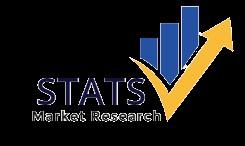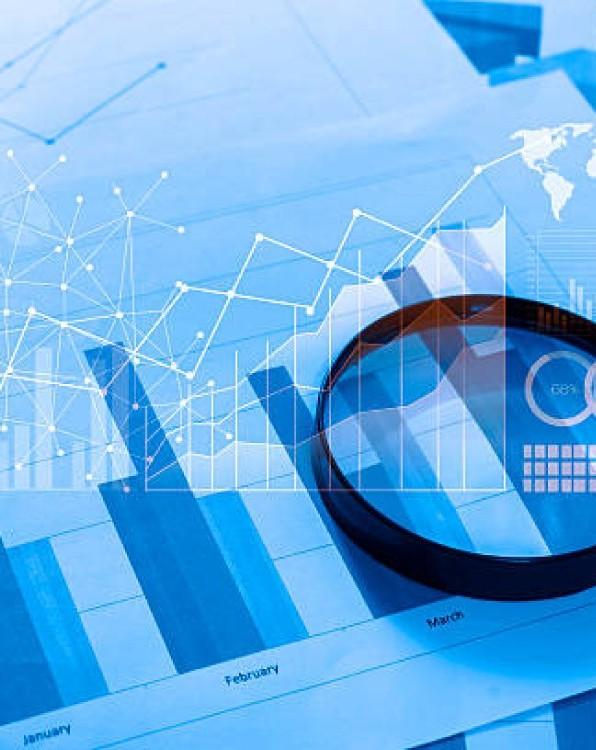














Monoclonal antibodies (MABs) are a class of targeted drug therapies designed to recognize and bind to specific proteins found on the surface of cancer cells. These antibodies are crafted in laboratories to mimic the immune system's ability to fight off harmful pathogens such as viruses and bacteria. In the context of cancer treatment, MABs are used to directly target and either kill or inhibit the growth of cancer cells.
Monoclonal antibody drugs for cancer come in various forms, including mouse-derived, chimeric, and humanized antibodies. These therapies have revolutionized cancer treatment by offering more precise and effective options compared to traditional chemotherapy. As a result, the global monoclonal antibody drugs market for cancer has experienced substantial growth.








The global Monoclonal Antibody Drugs for Cancer Market is valued at approximately USD 87,150 million in 2024. This market is projected to grow significantly, reaching an estimated USD 167,380.67 million by 2032, reflecting a compound annual growth rate (CAGR) of 8.50% during the forecast period. CAGR of 8.50% (2025 – 2032)








• Mouse-derived Antibodies
• Chimeric Antibodies

• Humanized Antibodies


















• Johnson & Johnson
• Novartis
• Gilead Sciences
• Roche
• Bristol-Myers Squibb
• Amgen
• AstraZeneca
• Including or Excluding key companies relevant to your analysis.












help@statsmarketresearch.com

www.statsmarketresearch.com





https://www.statsmarketresearch.com/global-monoclonal-






